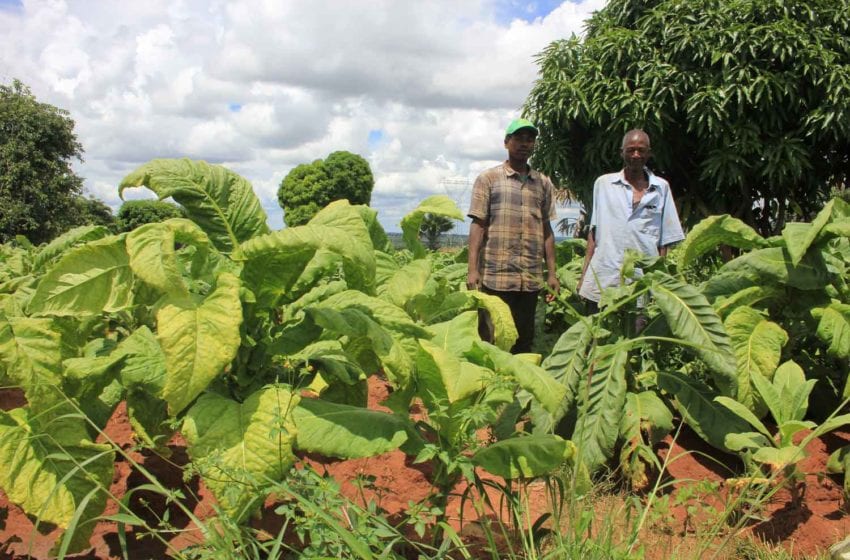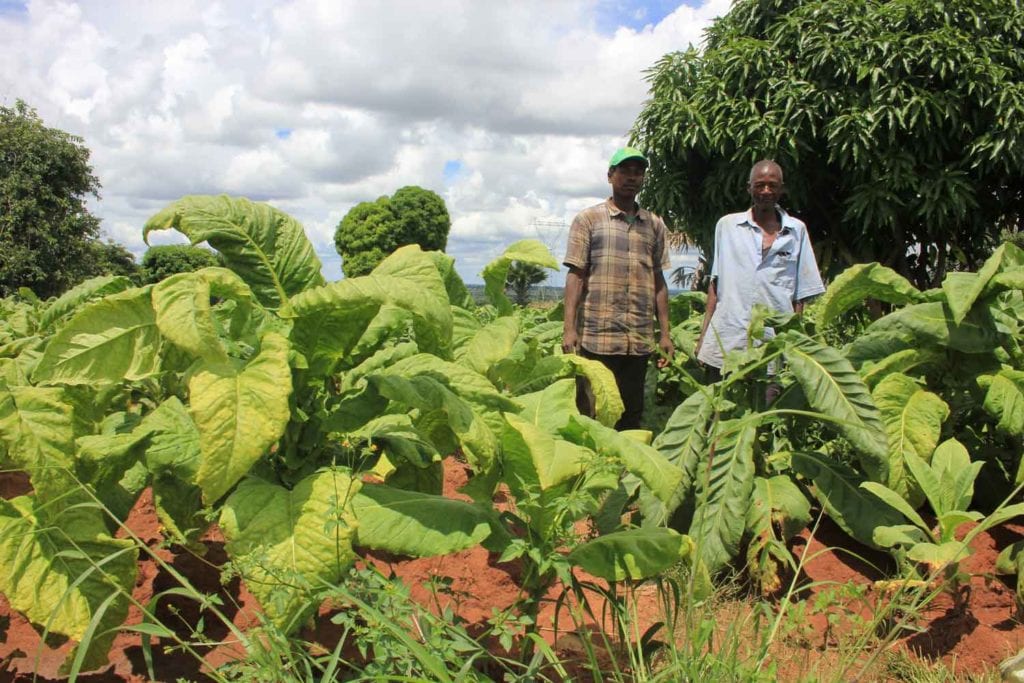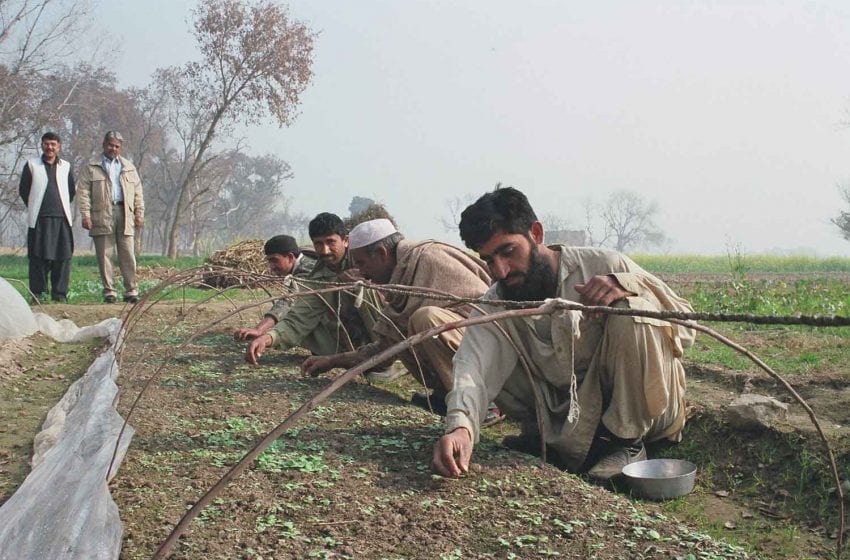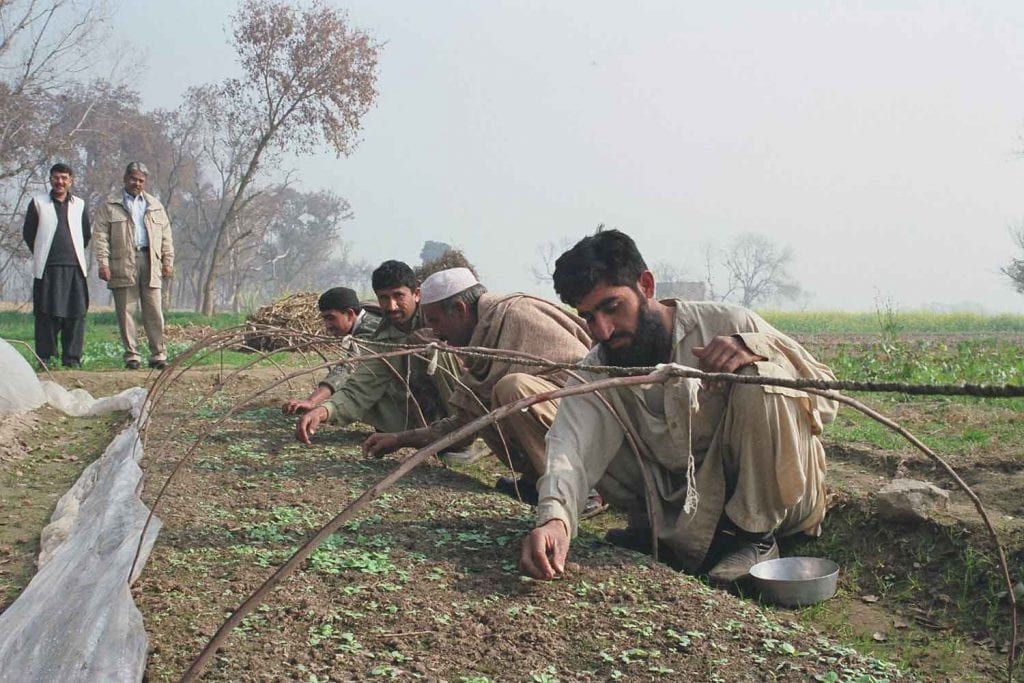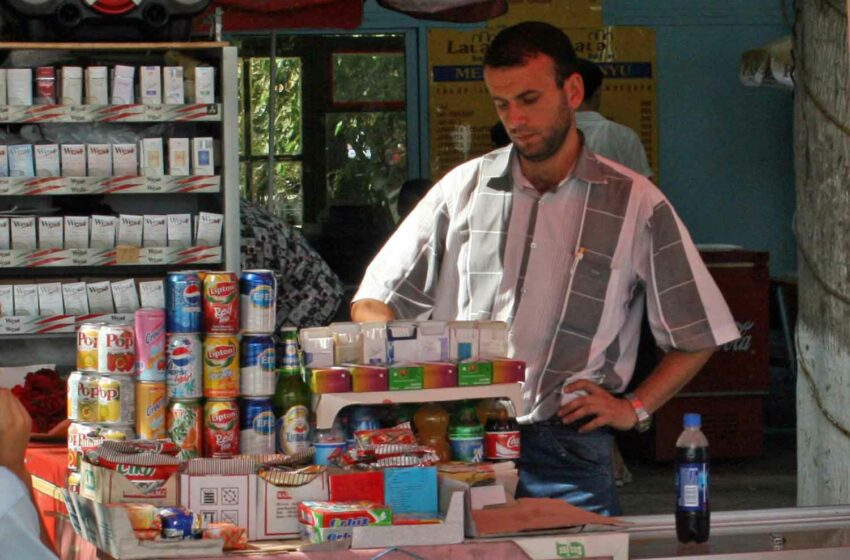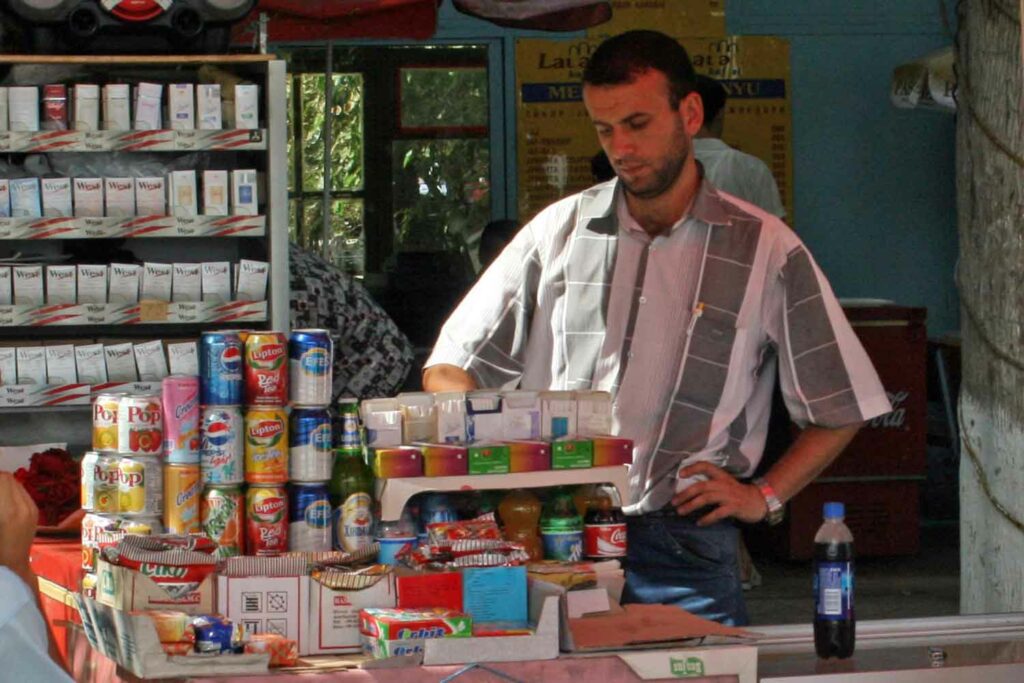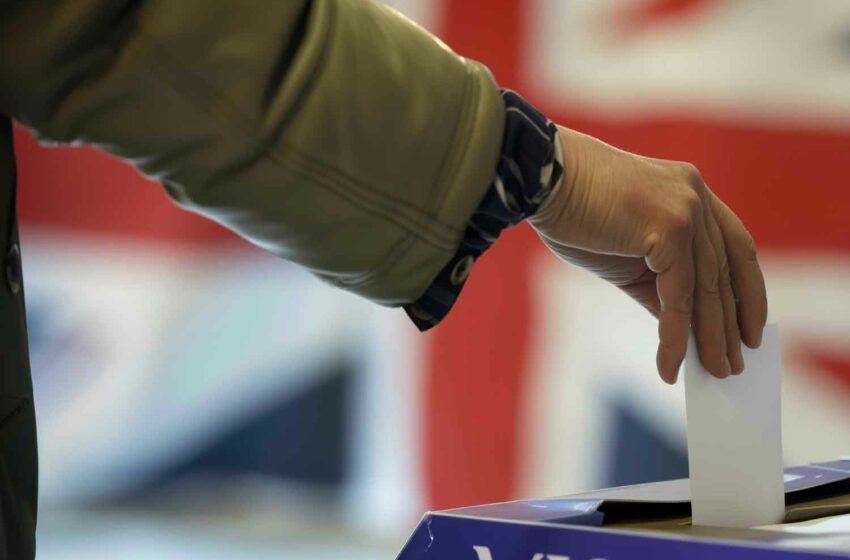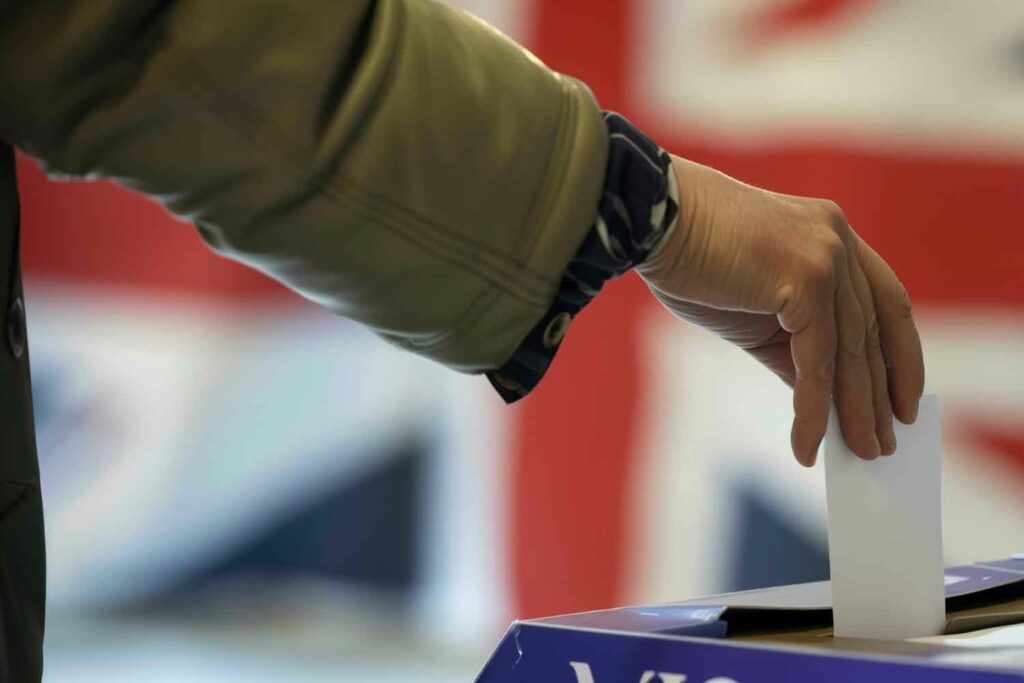
China is ramping up its efforts to control smoking. In 2023, 44 cities introduced or revised regulations, bringing the total number of cities with relevant regulations to 254 nationwide, according to national health authorities.
According to the Xinhua News Agency, 24 regions at the provincial level in China have rolled out smoking regulations, and the proportion of the population protected by comprehensive smoke-free regulations is continuing to increase.
Experts from the National Health Commission (NHC) released the data on Saturday ahead of World No Tobacco Day on May 31.
Meanwhile, as China pledges to protect 80 percent of its population with smoke-free laws by 2030, experts on tobacco control on Sunday called for the country to introduce a national smoking control regulation as soon as possible.
Smoking control, including preventing smoking and encouraging smokers to quit, is a viable approach for both population-wide disease prevention and individual healthcare, according to Wang Lu, a health expert from the NHC.
Curbing smoking doesn’t aim to deprive people of their right to smoke, but to free people from being hurt by secondhand fumes, Zhang Jianshu, a senior expert at the Chinese Association of Tobacco Control, told the Global Times on Sunday.


